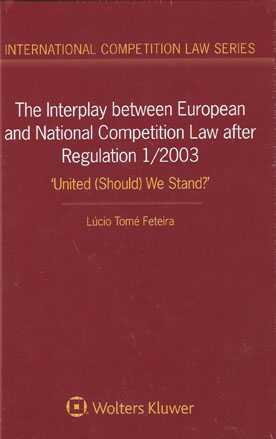
If we can speak of the European Community’s ‘economic constitution’, we can assert that competition rules, together with free movement rules, form its core.
Notably, implementation of the competition rules enshrined in Articles 81 and 82 EC changed radically with the enactment of Regulation 1/2003, which in effect dispensed with mandatory prior notifications and allowed national authorities to apply Article 101(3) TFEU directly.
Given that national legislations perceive certain types of unilateral conduct, even if adopted by a non-dominant undertaking, as a potential source of anticompetitive effects, an important question concerns the leeway enjoyed by national authorities under the exception to the convergence rule in Article 3(2) of Regulation 1/2003, and the consequent effect on both legal practice and policy issues.
In this lucidly argued book, focusing on national competition provisions in Germany, France, Italy, and the United Kingdom that deal with such conduct, the author provides a detailed examination of how such considerations as the following are affected by Regulation 1/2003:-
In its clarification of the meaning of Regulation 1/2003, this book allows practitioners to fully grasp its scope. The author’s thorough, masterful analysis of the statutory framework of Article 3 of the regulation also reveals the variety of reasons why different Member States have different competition policies on the scope of the exception to the rule of convergence, and in this way provides lawyers, policymakers, and academics with welcome insights on how major EU jurisdictions apply European competition law.